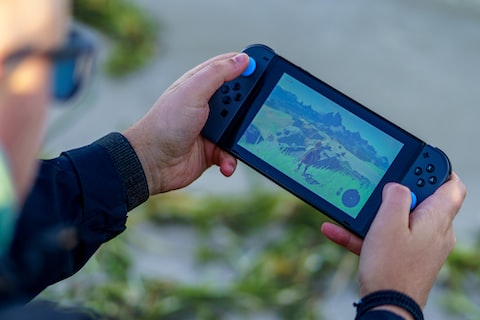Gaming is more than just a form of entertainment; it is an intricate blend of art and science. The psychology behind gaming reveals fascinating insights into human behavior and the factors that make games so captivating.
The science of fun explores the intricate relationship between psychology and gaming. Understanding how games affect our minds can help game developers create more engaging experiences and enable gamers to make informed choices about their gameplay.
One of the key aspects of gaming psychology is the concept of flow. Flow refers to the state of being fully immersed and engaged in a game, where time seems to fly and all distractions fade away. Game designers strive to create this flow state by balancing challenges and skills, providing achievable goals, and offering clear feedback.
The psychology of competition is another fascinating area of study. Gamers are often driven by the desire to be the best, to achieve high scores, and to outperform others. The thrill of competition releases dopamine in the brain, creating a sense of pleasure and motivation.
Rewards play a crucial role in gaming psychology. Whether it’s earning points, unlocking new levels, or receiving virtual rewards, the anticipation and acquisition of rewards trigger feelings of accomplishment and satisfaction. These rewards act as powerful incentives to keep players engaged and motivated to continue playing.
Game designers also leverage the power of social psychology to enhance the gaming experience. Multiplayer games, guilds, and online communities allow players to connect, collaborate, and compete with others. The social element adds depth and richness to the gaming experience, fostering a sense of belonging and camaraderie.
Understanding the psychology of gaming can help gamers make conscious choices about their gameplay. It enables them to set healthy boundaries and avoid excessive gaming, ensuring a balanced and enjoyable lifestyle.

